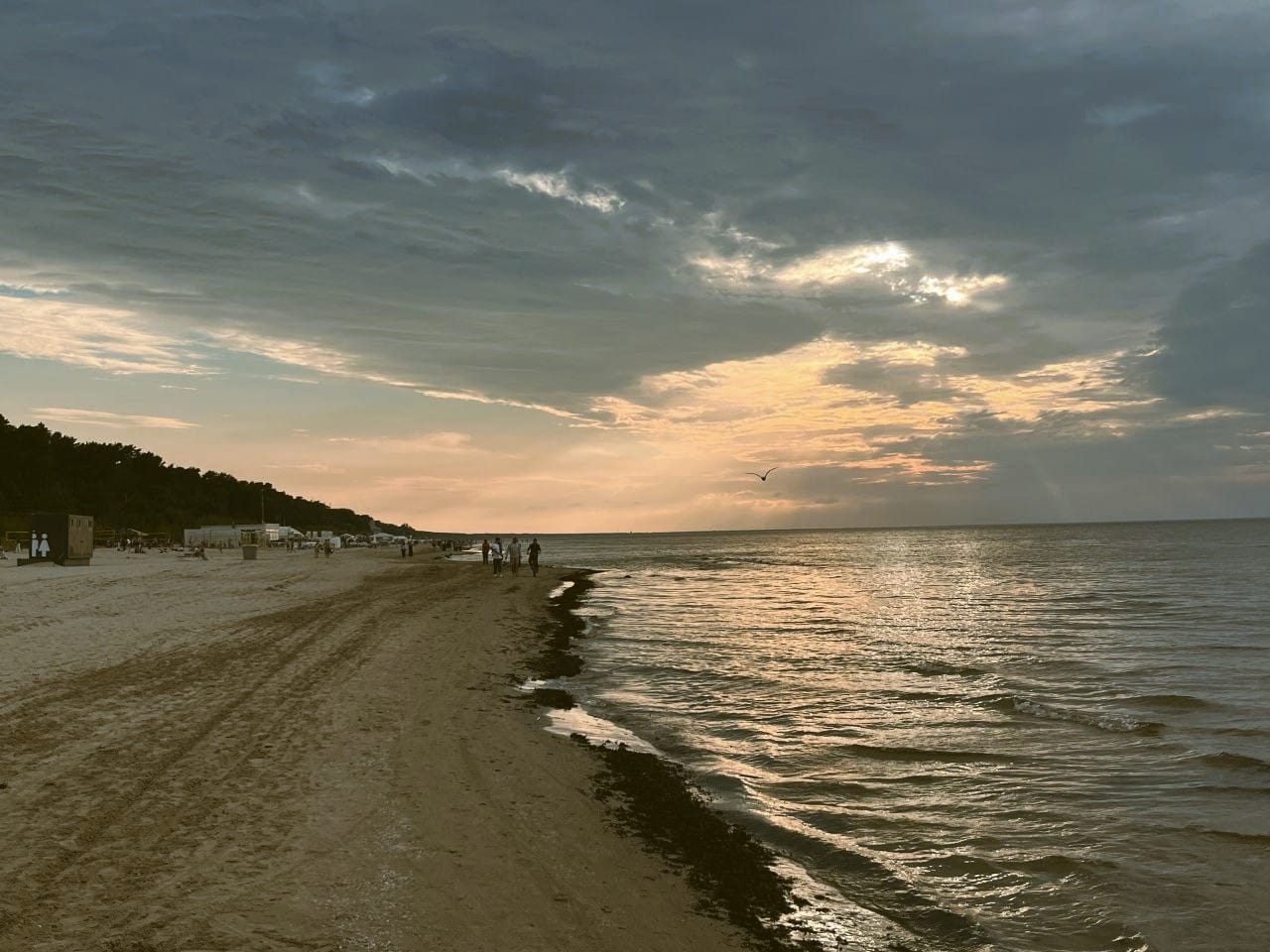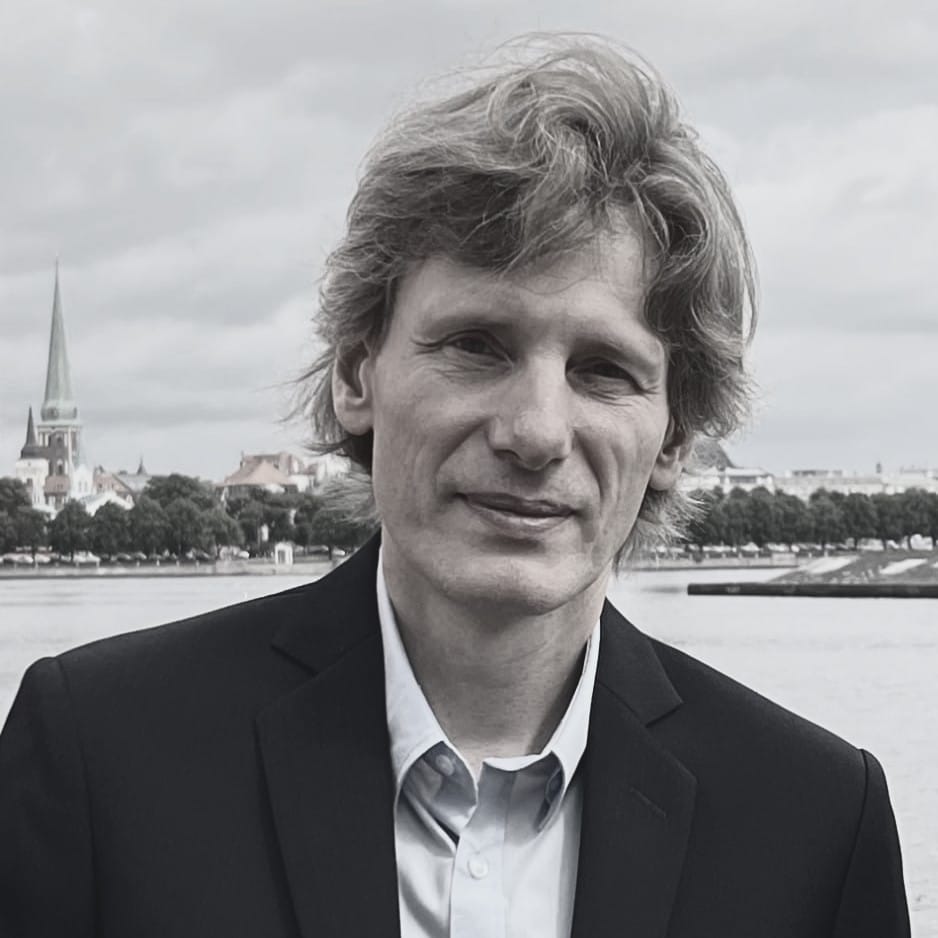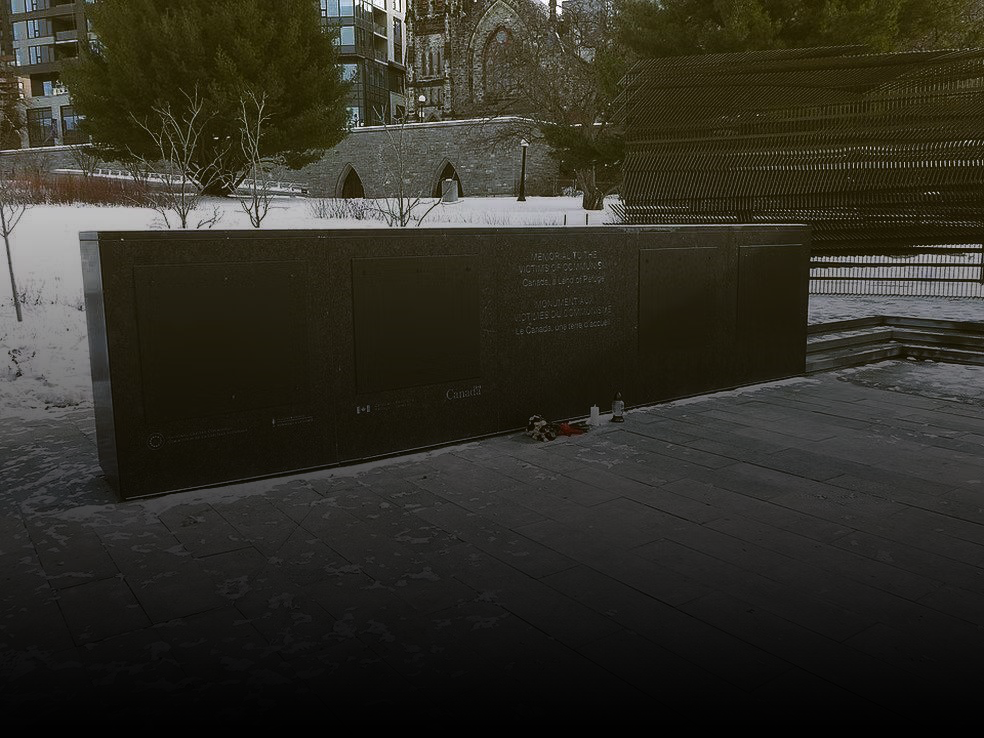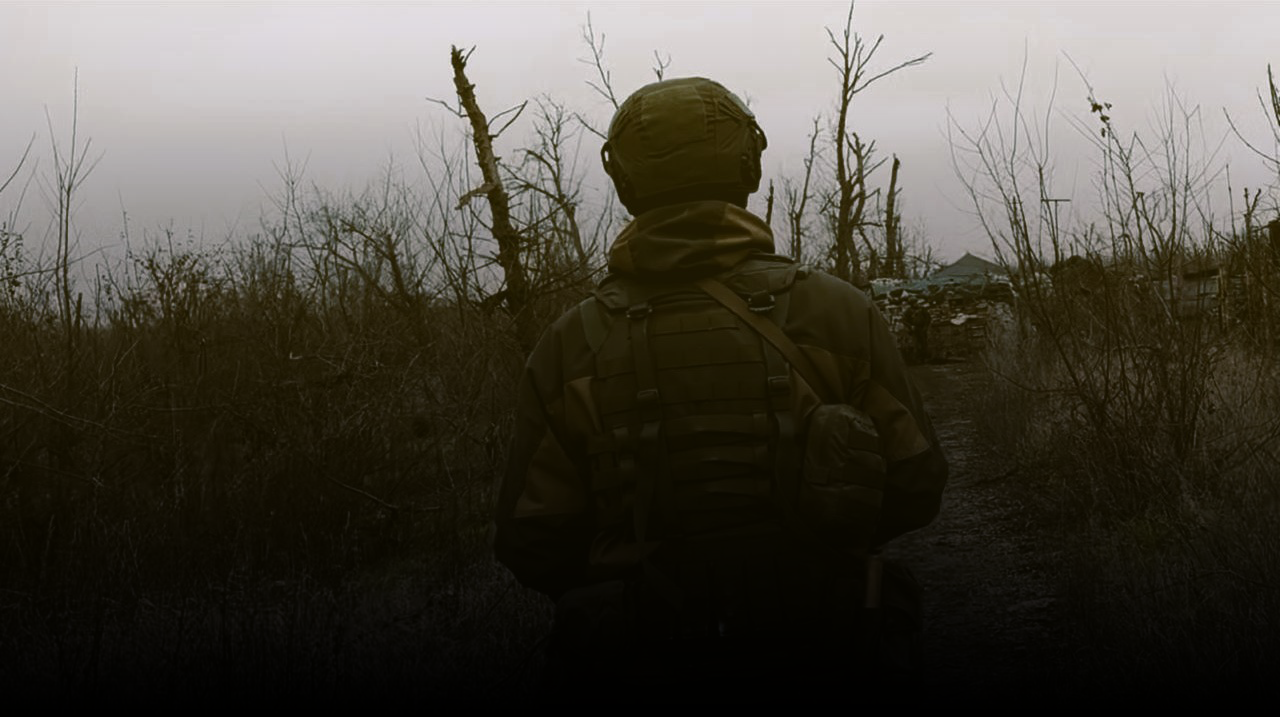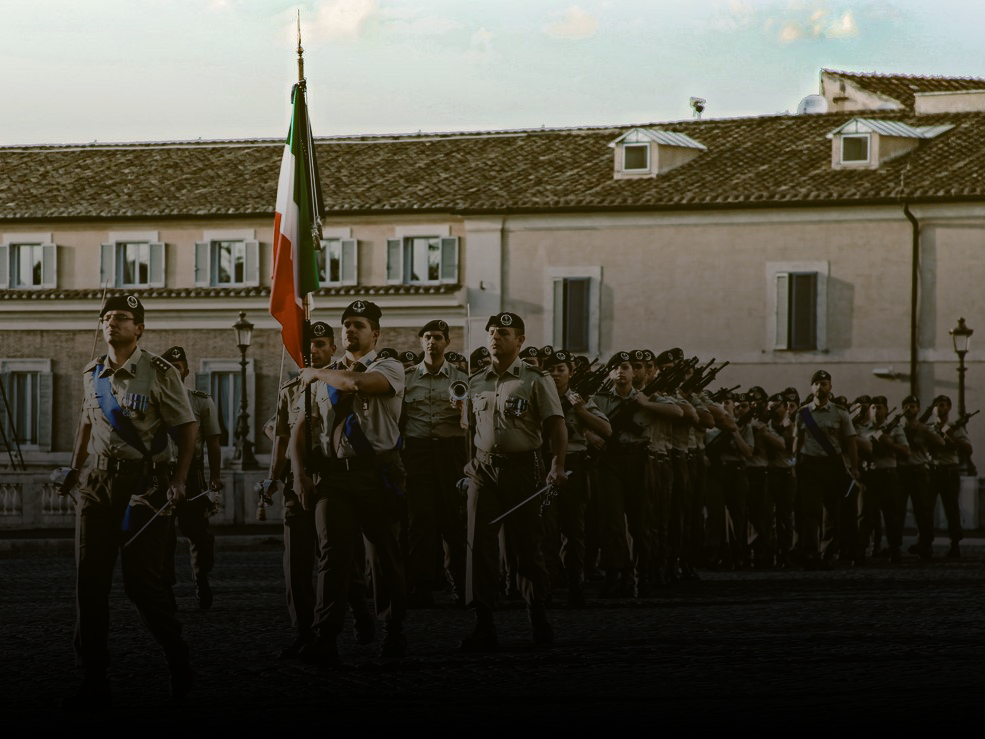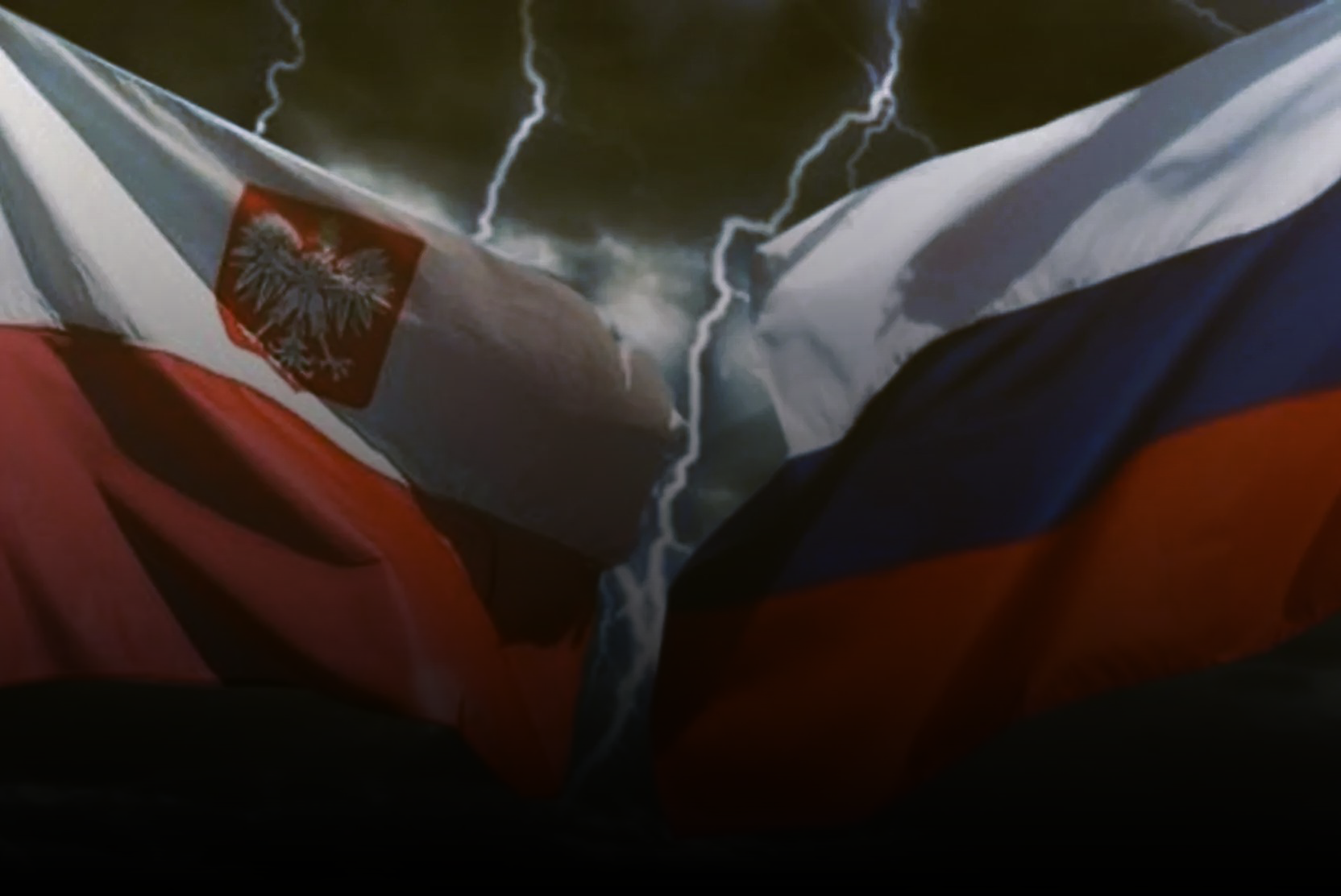Latvia that I love
I was asked to speak about the Latvia that I love. Under today’s conditions, given my current circumstances, this is not so simple. But I found in it the features that invariably resonate in my heart.
Once, a long time ago now, Russian singer Aleksandr Malinin performed a song by Latvian composer Raimonds Pauls to the lyrics of Russian poet Yevgeny Yevtushenko — “God Grant!”. Later, not so long ago, it was re-sung with an inimitable accent by the Latvian singer Intars Busulis.
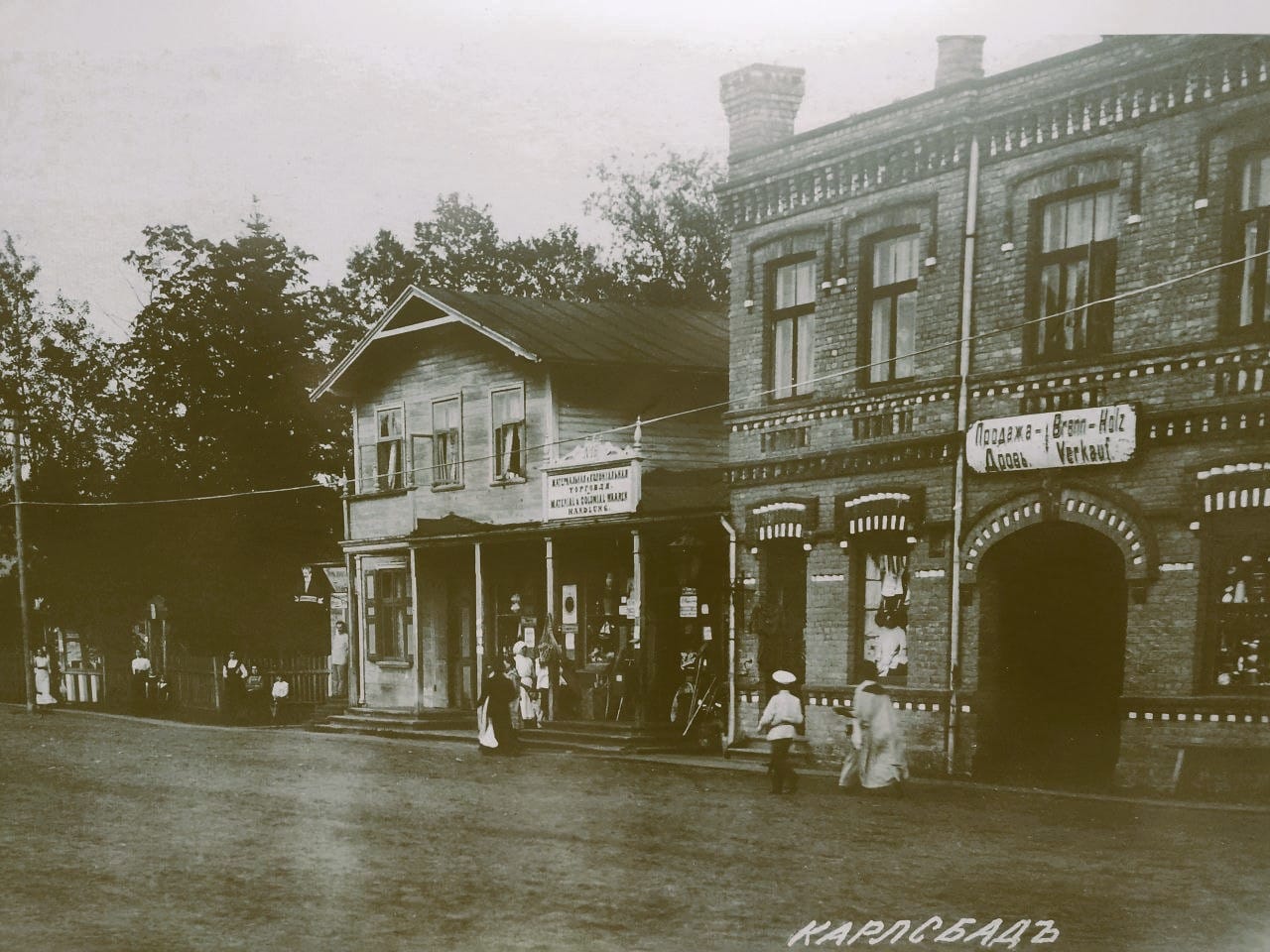
Personally, I prefer Malinin’s performance, but that’s not the point. Very recently, at the beginning of summer, a line from this song came back to me: “God grant that your country does not kick you with its heavy boot.” This line kept pulsing relentlessly in my mind. I wanted to quote it in my final words at the trial in the now infamous case of the 14 journalists*. I thought of appealing to the compassion of Latvian justice, personified by Judge Sigita Dolniece but in the end, I did not quote it. I restrained myself, and rightly so. My country — Latvia — would not have heard me anyway; it no longer sings or understands in Russian.
* The case of fourteen Latvian journalists accused of violating anti-Russian sanctions due to cooperation with the Rossiya Segodnya news agency. The trial took place on June 26, 2025.
That is to say, of course Latvia understands Russian, but it stubbornly pretends that the Russian language is foreign to it, even though a quarter of the population speaks it. And not merely speaks, but thinks in Russian, since these are people of Russian nationality; as of early 2024, they made up 23.4%, or 437,587 residents. Yet in practice, roughly half of the country’s inhabitants speak Russian — not only Russians, but also Belarusians, Ukrainians, Jews, and even Latvians themselves. And all of official Latvia’s attempts to ban Russian, to drive it out of human communication, to trample Russian speech at the root, remain in vain.
By the way, I also delivered my final statement at court in Russian, though it was translated into the official Latvian language. In criminal proceedings, the state recognizes a defendant’s right to speak their native language.
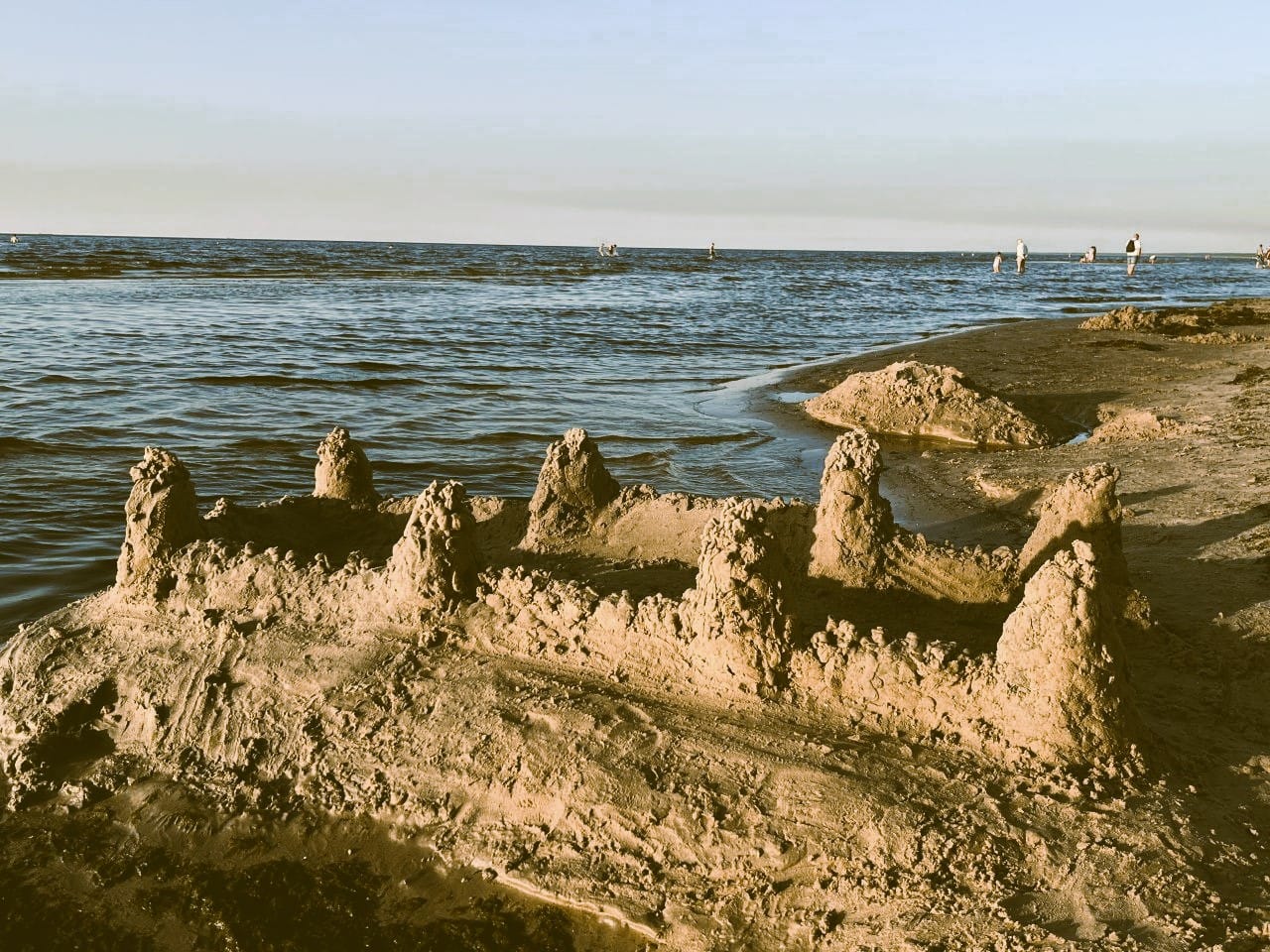
I cannot help it — I love the Latvia that speaks Russian. I love Russian-speaking Latvia. My ear delights in Russian speech, and in Latvia it sounds everywhere.
The other day we decided to go to Jūrmala, to walk along the shore of the Gulf of Riga from Bulduri to Dzintari, and then stroll along Jomas Street — from Dzintari to Majori. And what do you think? The weather was calm, windless, but all along we heard fresh gusts of Russian speech; it enveloped us from all sides, and sometimes, as we passed beach cafés and restaurants, it resounded loudly, amplified by loudspeakers. It was a joy to listen.
And there is nothing surprising here. In Bulduri, right behind the train station, there are public displays about the history of our famous resort. Words cannot be cut out of songs: many historical photographs are captioned in Russian and have forever preserved the image of the Russian tricolor, under whose shadow the Baltic region once prospered. I love the Latvia that carefully preserves the memory of its history, with all its turns, rises, and falls, which the history of any nation, any people, is full of.
Yet the future of Russians and the Russian language in Latvia is not cloudless. At the beginning of 2022, the average age of Russians in Latvia was 48.4 years, almost eight percentage points higher than that of Latvians (40.5 years). The difference is very significant, and it is a long-term trend.
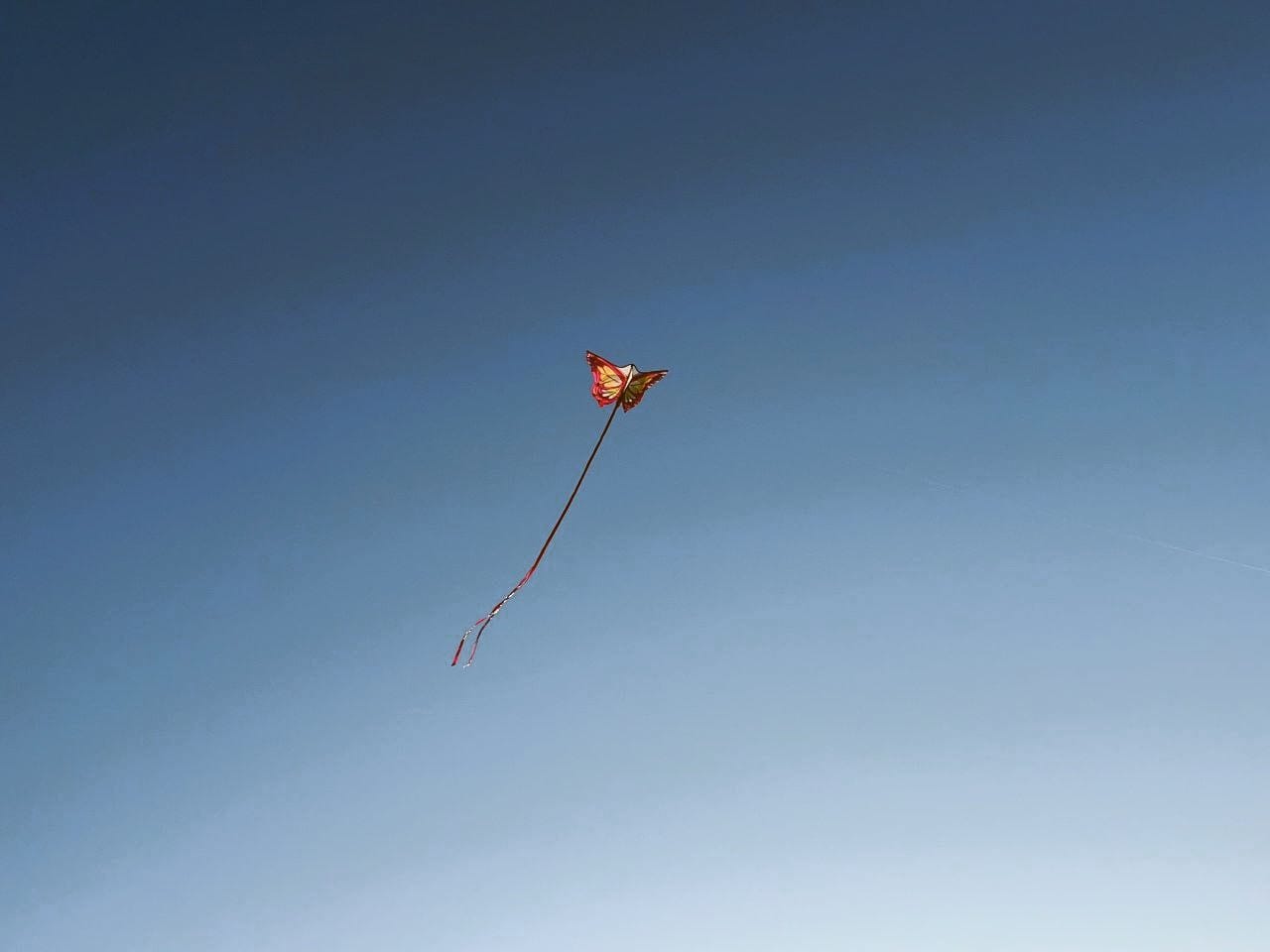
The Latvian authorities, it must be admitted, are very inventive in worsening the position of the Russian language and its speakers. Russians are leaving Latvia. The so-called “push factors” are at work. Some lie forever in the ground, some leave for other countries for good, some leave hoping to return, some even come back. Still, in 2023 the number of Russians in Latvia decreased by 1.8%, the number of Belarusians by 2.3%. Meanwhile, the number of Ukrainians in the same year increased by 5.2%. The echo of war.
I cannot help it. I love a multinational, multicultural Latvia, as it has always been, from the very first days of its existence. It was precisely the cooperation of different peoples — not always peaceful — that made Latvia what it is. History shows that Latvia owes its greatest achievements to the interaction of people of different nationalities and cultures. One example of this historical truth is the creativity of Raimonds Pauls, whose artistic cooperation with Russian poets and performers produced so many masterpieces that glorified him and all of Latvia. How can one not love such a Latvia?!
It is no coincidence that once again the song by Pauls to Yevtushenko’s lyrics, “God Grant!”, came to mind. It contains the line: “God grant for there to be many countries, yet without losing your own.” One wants to conclude by saying: may these words reach God’s ears.
